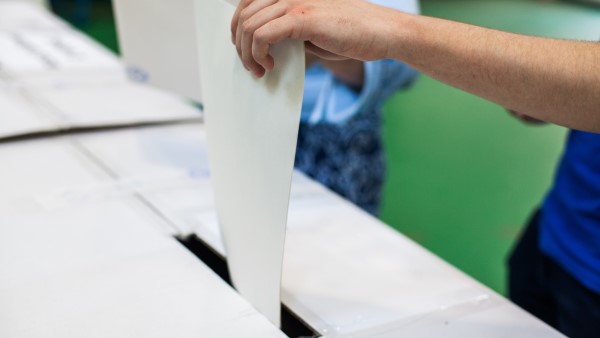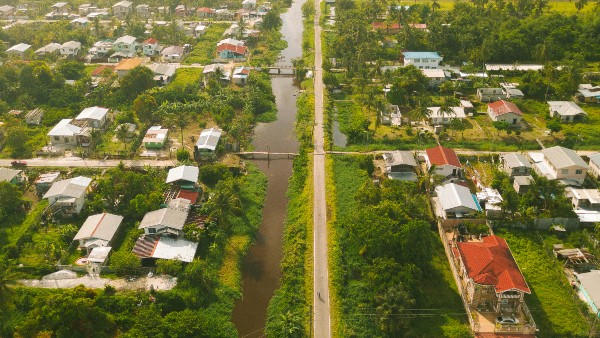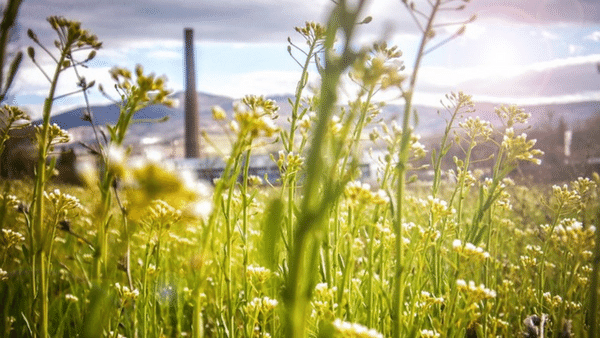What if women’s untapped power to make change was harnessed to fight the climate crisis?
Climate change affects us all globally – but it does not affect us all equally. Vast social and economic inequities mean we don’t all contribute to the climate crisis to the same degree; nor are its effects evenly distributed. Racialised women are the most likely to suffer the consequences of climate change, which they have done the least to cause. Meanwhile, women are marginalised in the spaces where climate solutions are shaped.
Gender inequality has helped cause climate catastrophe – and we need gender equality to help us solve it, argues writer and sociologist Anne Karpf. We must see women not simply as the victims nor the sole saviours of our global situation, but as holders of power to make systemic change. She speaks with inspiring women from across the world building movements for gender-inclusive climate action.
Related media
-
Our yes/no voting system means nothing ever happens
Comment
Peter Emerson
Climate change tells us we must cooperate or die. But where’s the cooperation between political parties? Peter Emerson suggests a radical change.
-
Lessons from the land of many waters
Comment
Alexander Alder-Westlake
In a time of rising sea levels and flooding threats, Alexander Alder-Westlake suggests we draw lessons from a country most of us know nothing about. With its unique geography, topography and history, Guyana has much to teach the rest of the planet.
-
Regenerative organisations: the time is now, the place is here
Blog
Joanna Choukeir
Regenerative organisations are vital to our regenerative future. The time is now for the RSA to emerge as such an institution.


